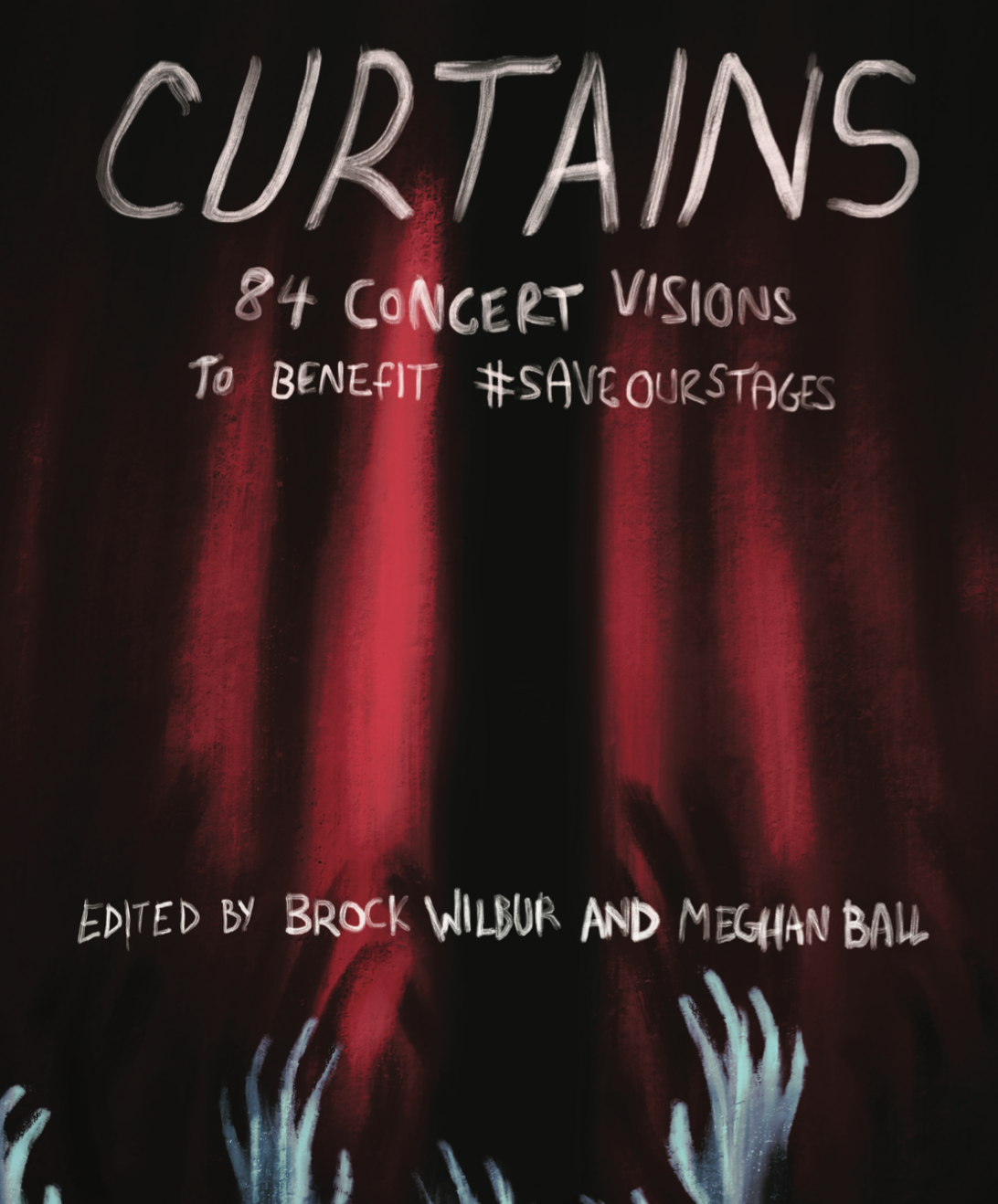Unsolicited Advice
So, You Want To Be a TA?
Last week finished out my Teaching Assistantship (for a school I do not represent in any way, shape or form on this website). Like most things that I really like doing, it was pretty sad when it was all over. I like teaching – some have suggested that I’m even quite good at it – and it’s kind of a bummer that I won’t get to continue that for awhile. On the upside, I have a Master’s degree now, so all shall rightly tremble before my throbbing brain meats as I lay waste to...
... sorry, got distracted... by plans...
As it has been awhile since I’ve written anything non-fictiony, I figured I would provide some delicious advice that no one will read or adhere to. Why would I do such things, you ask? My response is: “You haven’t caught on to a running theme of some of these posts, have you?” Anyway, if you’re actually going to be or considering being a Teaching Assistant, allow some sage wisdom to come your way... although if anything goes wrong, I take no responsibility for it. I’m terrible like that.
YOU GOT THIS
You will probably be really nervous the first day of classes. Perhaps not, but if you are, take solace in the fact that – unless you are a tremendously gifted liar and charlatan – you probably have a fairly sizable grasp on what you will be talking about. Some classes might be a little more out of your comfort zone than others – like, say, if you’re an American historian brought in to a class on British Imperialism – but you have the means to prepare yourself. The point is that if this is your major field, you should know enough to discuss what’s going on. And if not, well... may I suggest macrame?
COROLLARY: DO THE SAME WORK STUDENTS DO
This might seem unnecessary depending on the subject and one’s own knowledge, but it is always good practice to read all the materials and take notes on the lectures. You may wonder why, but it’s a fairly simple idea: showing up and taking notes lets you remember what information has and has not been provided to the students. It also lets you pull the “check your notes” maneuver in section – if you know they should have been in lecture, direct them to their notebooks rather than lecturing.
At the end of the day, though, it’s just good form. There’s always something to learn, damn it.
DON’T BE AFRAID TO ADMIT YOU DON’T KNOW
So, you show up to your very first day, bright eyed and bushy tailed (although you probably should have left that at home).You introduced yourself to the class without terror-vomiting all over yourself and others. Things are going swell for your first time when, all of the sudden, a student wants to know something: either a piece of factual minutiae from your field or some obscure mechanic about the course (“Will there be extra credit?”) or a half-assed joke about how babies are made.
If you’re like me, your first impulse will be to stammer out an answer that is your best guess or is precision made to confuse people long enough to run away. What you need to do is admit that you don’t know. Very few people will hold that against you – especially if they understand that you’ve been blindsided by the query. For example, most professors (in my experience) don’t talk about extra credit until the first grades are in. And although you do know your subject (hopefully), the wealth of human knowledge makes it a touch difficult to spout off obscure stuff at the drop of a hat.
As for the kid who still thinks making stupid jokes is a great way to make friends, stare icily at them for a full minute of unbroken silence. Give a quick laugh, then resume what you were saying as if nothing happened. Do this especially if you want people to think you’re insane.
Learn from the master of terrifying laughter.
COROLLARY: MAKE A NOTE TO FIND OUT
Sometimes a question is both relevant to the class and nests in your brain like a certain Four Non-Blondes song. At this point, make a note of the question and attempt to find out the answer. Students will appreciate the effort, even if you come back empty handed. Alternately, ask a student who has a laptop (there are enough of them, trust me) to Google that shit. Learning experiences aren’t just for undergrads anymore!
UNDERSTAND THAT PEOPLE HAVE DIFFERENT STANDARDS THAN YOU DO
Most people are happy with a ‘B.’ ‘B’s’ are above average and lack the harsh angular-ness of the letter ‘A.’ They’re also far more comforting than the business-like ‘C’, with its singular slopping line and no-nonsense averageness. Yup, ‘B’s’ are okay in my book.
And then there are the people who will argue over a ‘B.’
See, here’s how grading normally works: a ‘C’ is average for meeting the minimum requirements. A ‘B’ is above average work and an ‘A’ is for work that exceeds expectations. ‘D’s’ are handed out for those who do not even achieve the moderate amount of work and an ‘F’ is failing. This is a functional system.
As a TA, you will encounter people who will cry at the prospect of anything less than an ‘A.’ Any number of factors will contribute to this – parents being insane, previous schooling being a little too generous with their praise, guidance counselors impressing on young minds that graduate schools will only take people with 4.0's into their programs, what have you. The point is that students who are used to excelling in high school and get their first non-‘A’ in college are going to freak out and you’re the one who is going to deal with it.
It’s going to be frustrating, because students may refuse to budge, but take your time to explain why they got the grade they did. They will most likely try to fight it every step of the way, but do your due diligence and tell them that this isn’t the end of the world. Especially if this isn’t their major area of study. Be prepared for frenzied defenses of bad decisions, crying, and arguments for just a couple more points.
Try not to roll your eyes.
COROLLARY: YOUR STANDARDS ARE INSTITUTIONALLY BACKED
Don’t let it go to your head, but almost every school and department will have the above criteria for grading and, as such, will have your back in a way. If you feel a student has done average work and you have the math to prove it, you don’t have to budge. By all means, take the time to explain why they got the grade that they did, but you don’t have to adjust anything based on what the student wants or expects. Remember, they are in school to do work – if the work they provide is not up to an ‘A’ standard, that’s it.
But, this subject of grading is not yet completely exhausted. There’s always this:
GET USED TO UNPRODUCTIVE MEETINGS
So let me paint a picture for you: there is a midterm worth 20% of the final grade. A student receiving a 73% spends twenty minutes after class arguing with you and, after conceding that he or she has a good point, gets an additional two percentage points on their exam. They leave content and you write down in your grade book that they have earned a whopping four-tenths of one percent on their final grade back. Now you get to live the rest of your life knowing that twenty minutes of your time is barely enough to register as a blip in the grand scheme of things and the cold embrace of the universe is all that awaits us at the end of this futile scramble known as life.
While this is indeed annoying and time would be better spent having the student, you know, study for an upcoming grade, this is a minor symptom of a bigger issue – namely, that some undergraduate students either don’t take advantage of available resources or take advantage of them in silly ways. This manifests particularly in office hours – time a TA has set specifically aside every week for being in the office to meet with students and handle course work. The number of students I have seen in my office hours in two years of work can be counted on two hands. What’s worse, though, is when a student schedules a meeting only to not show up. I mean, I get it – students have lives and work and all that stuff. But there’s a certain degree of frustration felt when you make a special trip to your office only to be stood up. It’s like they don’t even care about your feelings.
Astonishingly enough, these meetings will be mostly around finals, because all of the sudden, a semester of half-assery is coming to a screaming and abrupt end. I’ve had students see me literally before and after a final exam to argue over midterm grades. Where were they the months leading up to then? I have no clue. Why hadn’t they used the time to study for the final? Ya got me. All I know for sure is that it didn’t change their final grades one iota.
DRAMATIC RE-ENACTMENT
COROLLARY: THE “GOOD BOOK” CLAUSE
As much as it may seem like you should just throw your hands in the air (like you just don’t care) and scream “Fuck it!”, you do need to make yourself available to your students. And this means scheduling appointments that they won’t keep and having them argue for four-tenths of one percent. This does more than just cover your ass when someone inevitably challenges a grade (you’d be amazed at the effectiveness of “Did you ever stop by during office hours?” as a “Stop Whining” stamp). It also shows that you care enough to make yourself available, without question, to your students. They might not take advantage of it, but that’s not your responsibility – you just need to make it an option.
Just make sure to bring a good book, okay?
SOME STUDENTS WILL DISAPPOINT YOU
Sometimes you will spend an entire semester documenting the ways in which racism is still very much alive and virulent in the world. And sometimes, you will have amazing discussions where students will surprise you with ideas that you didn’t even think of. Other times, a class that has been particularly problematic will make a turn and rise to become your best and favorite section. At other moments, everything just comes together and, while you may not agree with some of the sentiments being expressed, ideas are being discussed in a productive and useful way that makes you have some hope for humanity. Perhaps one student will ask a question and you realize that something you said made something “click” in their heads. Or maybe you get a student who, in a moment of epiphany, realizes there is so much more to this world than they knew.
And then sometimes a student will declare that “racism is over and minorities should get over it,” and then that little glimmer of hope that you thought had died is immediately squished back into a fine paste in your gall bladder.
My personal distaste for Neoliberal claptrap aside, there will be students that can stare evidence in the face and decide that no, they like the world in their head so much better, thank you. And I’m not trying to spark a political debate or anything; I have had students from all places on the political spectrum and they have perfectly valid ideas and opinions that I certainly disagree with but still respect. However, this isn’t a question on an interpretation of ideas (which is what a political view is), but rather dogged unwillingness to look at reality and accept that, yes, humanity has a tendency to err toward douchebaggery.
It goes beyond this, of course. Sometimes a really gifted student will discover sex or partying or whatever and their grades will suffer. Or maybe someone just stops caring or you make the unfortunate discovery that you have an entire class of people who don’t know how to write in an academic manner. Understand that you will encounter these students and it doesn’t get any less heartbreaking or frustrating.
COROLLARY: THAT DOESN’T MEAN “STOP TRYING”
Yes, it certainly sucks that some students won’t quite grasp basic course concepts. But you still have a job to do. These students may never grapple with reality, but it doesn’t mean that you should just take up drinking bleach as a passtime. Even outside of the fact that you’re getting paid to do something (I mean, you are getting paid, right?), you’re in a position to open up someone to a new experience or new ideas. Sure, they may be recalcitrant, but if you give up trying to teach, you shouldn’t be in that position to begin with.
What I’m saying is there are hurdles you can’t jump over, but the solution isn’t to have a cry in the stands. You either go around it or smash your way through, but you don’t stop moving forward, damn it.
Although if we were to continue with the whole track theme, I’m sure that would get you disqualified. So it wasn’t really the best metaphor. But I’m committed to my mistake, so you’ll just have to deal with awkward hurdle descriptions.
I’m just about done, but one last piece of advice – not from experience, mind you, but just because it seems really fucking obvious:
DON’T DATE STUDENTS
There’s the creepy power dynamic of the relationship, the conflict of interest, the ick-factor, the potential for tremendously damaging lawsuits, and the disturbing psychological implications of everyone involved. Don’t fucking do it, ya pervy weirdo.
COROLLARY: NO
Seriously. Ew.
< PREVIOUS ENTRY • NEXT ENTRY >
Advice • Fiction • Gaming • General Musings • Reviews





